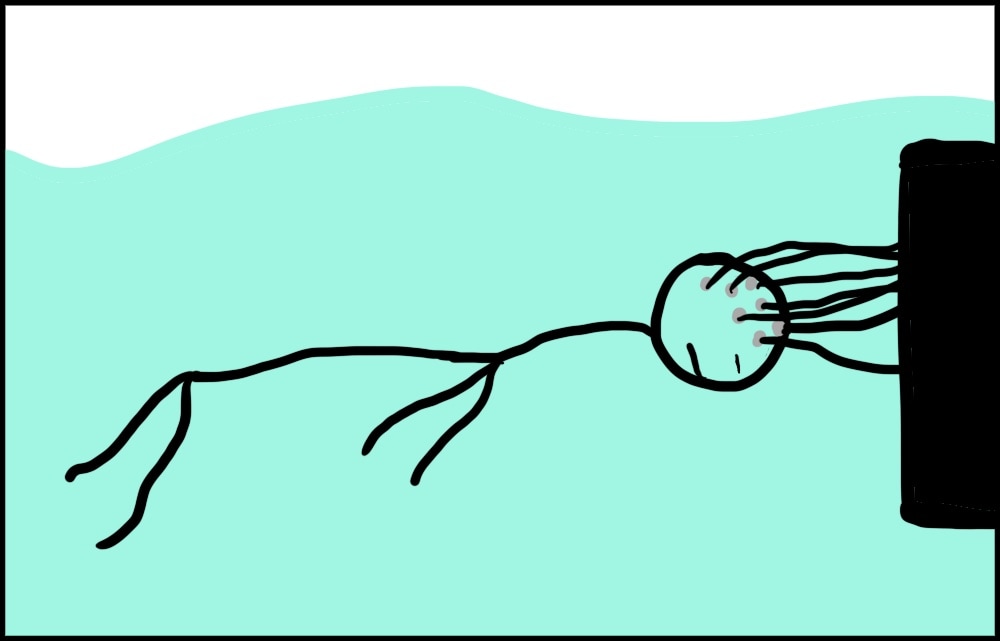Robert Nozick asked us to imagine that "superduper neuropsychologists" have figured out a way to stimulate a person's brain to induce pleasurable experiences. We would not be able to tell that these experiences were not real. He asks us, if we were given the choice, would we choose a machine-induced experience of a wonderful life over real life? Nozick says no, then asks whether we have reasons not to plug into the machine and concludes that since it does not seem to be rational to plug in, ethical hedonism must be false. I disagree with Nozick’s conclusion quite strongly. However, I’d like to pose a few alternative thought experiments.
Now comes the actual point. Life is nearly identical to number three above. In each moment, people try their best to experience pleasure instead of suffering. They do this in a variety of ways. Turn the air conditioning to avoid suffering in the heat. Drink some coffee to avoid suffering from fatigue or non-alertness. Wear clothes, live in houses, travel, drive to work. This list goes on indefinitely. What all the items have in common is that they provide pleasure at the expense of someone else who suffers. Your air conditioning, coffee, clothes, house, travel, and car to drive to work in all come from others doing work they dislike or using resources that require energy production and carbon equivalent emissions as a byproduct. That energy use and carbon emission results in suffering and/or death at the margin, through air pollution, global warming, or simply accidents on the job. If you become aware of how just one moment of personal pleasure can harm another and then multiply it by a million moments of pleasure that induce suffering for others, you begin to feel much, much worse about your own pleasure. This awareness can eventually sour your own pleasure to the point that experiencing pleasure at all leaves a taste of moral wrongness in your mouth at the thought that someone else paid for your pleasure with their suffering. You may very well disagree that all pleasure is paid for with someone else’s suffering, but I think the onus is on you to make that point. To escape suffering and experience constant pleasure is to escape from life altogether. To retreat in ascetic meditation that relies on zero productive capacity from others and zero chance of emotional disturbance to others. This is clearly possible in theory, but again, the onus is on you to show that it is possible in reality. Even the ascetic monk is likely to have a mother that suffers at not being able to interact and experience with her son or daughter. So that leaves us with the same decisions to make as number three above, only it isn’t a thought experiment any longer, but our actual lives. Do we stay "plugged into" living reality and simply suffer until death, actively end our lives, or experience moments of pleasure throughout our lives and ignore the suffering it transfers to others? We currently operate under the third choice as a collective default. Is our default the right choice? I’m not convinced it is.
0 Comments
Leave a Reply. |
Archives
November 2017
|

 RSS Feed
RSS Feed